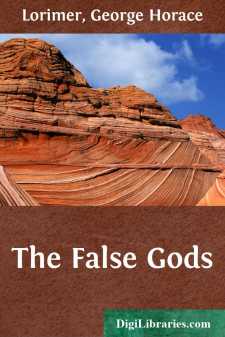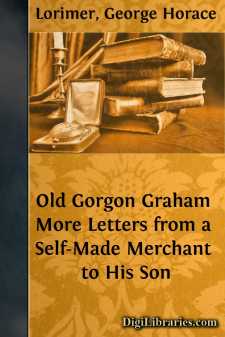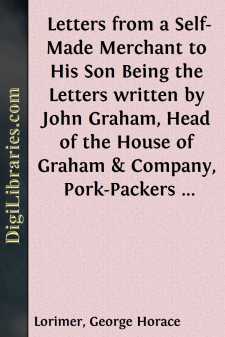Categories
- Antiques & Collectibles 13
- Architecture 36
- Art 48
- Bibles 22
- Biography & Autobiography 813
- Body, Mind & Spirit 142
- Business & Economics 28
- Children's Books 17
- Children's Fiction 14
- Computers 4
- Cooking 94
- Crafts & Hobbies 4
- Drama 346
- Education 46
- Family & Relationships 57
- Fiction 11829
- Games 19
- Gardening 17
- Health & Fitness 34
- History 1377
- House & Home 1
- Humor 147
- Juvenile Fiction 1873
- Juvenile Nonfiction 202
- Language Arts & Disciplines 88
- Law 16
- Literary Collections 686
- Literary Criticism 179
- Mathematics 13
- Medical 41
- Music 40
- Nature 179
- Non-Classifiable 1768
- Performing Arts 7
- Periodicals 1453
- Philosophy 64
- Photography 2
- Poetry 896
- Political Science 203
- Psychology 42
- Reference 154
- Religion 513
- Science 126
- Self-Help 84
- Social Science 81
- Sports & Recreation 34
- Study Aids 3
- Technology & Engineering 59
- Transportation 23
- Travel 463
- True Crime 29
The False Gods
Description:
Excerpt
I
t was shortly after ten o'clock one morning when Ezra Simpkins, a reporter from the Boston Banner, entered the Oriental Building, that dingy pile of brick and brownstone which covers a block on Sixth Avenue, and began to hunt for the office of the Royal Society of Egyptian Exploration and Research. After wandering through a labyrinth of halls, he finally found it on the second floor. A few steps farther on, a stairway led down to one of the side entrances; for the building could be entered from any of the four bounding streets.
Simpkins regarded knocking on doors and sending in cards as formalities which served merely to tempt people of a retiring disposition to lie, so when he walked into the waiting-room and found it deserted, he passed through it quickly and opened the door beyond. But if he had expected this manœuver to bring him within easy distance of the person whom he was seeking, he was disappointed. He had simply walked into a small outer office. A self-sufficient youth of twelve, who was stuffed into a be-buttoned suit, was its sole occupant.
"Hello, bub!" said Simpkins to this Cerberus of the threshold. "Mrs. Athelstone in?" and he drew out his letter of introduction; for he had instantly decided to use it in place of a card, as being more likely to gain him admittance.
"Aw, fergit it," the youth answered with fine American independence. "I'll let youse know when your turn comes, an' youse can keep your ref'rences till you're asked for 'em," and he surveyed Simpkins with marked disfavor.
The reporter made no answer and asked no questions. Until that moment he had not known that he had a turn, but if he had, he did not propose to lose it by any foolish slip. So he settled down in his chair and began to turn over his assignment in his mind.
That Simpkins had come over to New York was due to the conviction of his managing editor, Mr. Naylor, that a certain feature which had been shaping up in his head would possess a peculiar interest if it could be "led" with a few remarks by Mrs. Athelstone. Though her husband, the Rev. Alfred W.R. Athelstone, was a Church of England clergyman, whose interest in Egyptology had led him to accept the presidency of the American branch of the Royal Society, she was a leader among the Theosophists. And now that the old head of the cult was dead, it was rumored that Mrs. Athelstone had announced the reincarnation of Madame Blavatsky in her own person. This in itself was a good "story," but it was not until a second rumor reached Naylor's ears that his newspaper soul was stirred to its yellowest depths. For there was in Boston an association known as the American Society for the Investigation of Ancient Beliefs, which was a rival of the Royal Society in its good work of laying bare with pick and spade the buried mysteries along the Nile. And this rivalry, which was strong between the societies and bitter between their presidents, became acute in the persons of their secretaries, both of whom were women. Madame Gianclis, who served the Boston Society, boasted Egyptian blood in her veins, a claim which Mrs....




